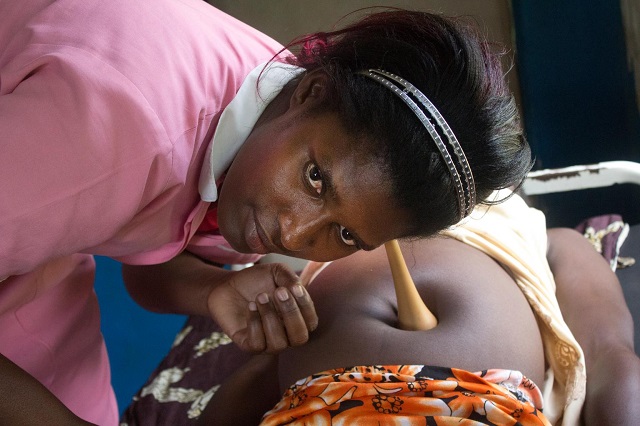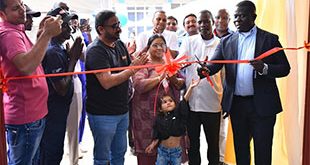
Kampala, Uganda | THE INDEPENDENT | More mothers from Karamoja sub-region are now delivering their babies from health facilities according to Dr Charles Nuwagaba, a health expert attached to the Drylands Integrated Development Project funded by the Office of the Prime Minister.
Dr Nuwagaba told URN that health facility deliveries which stood at 27 percent in 2011 have since grown to 86 percent, a trend he attributed to concerted efforts of the government and development partners to improve health service delivery in Karamoja.
He noted that under the Drylands Integrated Development Project, several health centres have been constructed and provided with medical equipment and community ambulances to transport patients to hospitals. Personnel have also been trained in the fields of nursing, laboratory techniques, anaesthesia, radiography and dental services.
According to Dr Nuwagaba, the project team has worked with districts to increase staffing levels to about 48 percent from less than 16 percent. Dr Nuwagaba added that expectant mothers who used to walk a distance of 30 kilometres to the nearest health facility to deliver now walk for five kilometres in other areas.
The project which aims to contribute to increased income and reduced poverty among the pastoral populations in Uganda also targeted to improve access to healthcare, nutrition and education in rural areas.
Dr James Lemukol, the Napak district health director acknowledges that many mothers now give birth at the health facility due to the availability of the health centres compared to the situation in previous years.
“We are registering good progress in health service delivery and we are in high gear to achieve up to 100 percent in the next five years, he said.”
However, Napak district chairperson Joseph Lomonyang told URN that although the health service delivery was improving, more efforts were still needed because some districts in the region still have few health centres and staff.
“Although there are still some few mothers who still deliver in the hands of the traditional birth attendants especially in those areas with a few health centres, we should give a credit where it deserves,” he said.
******
URN
 The Independent Uganda: You get the Truth we Pay the Price
The Independent Uganda: You get the Truth we Pay the Price



